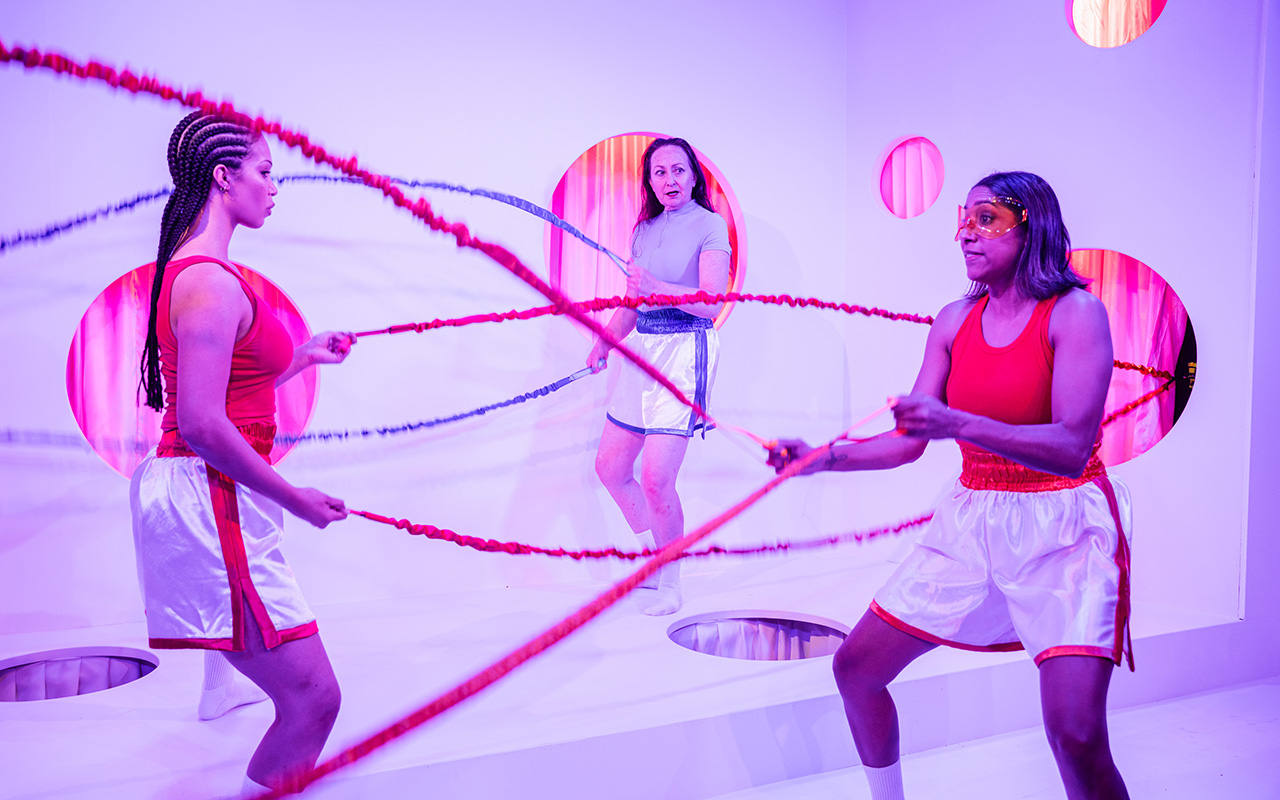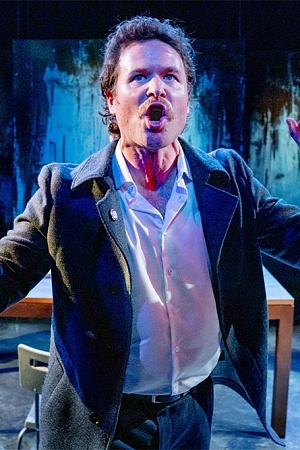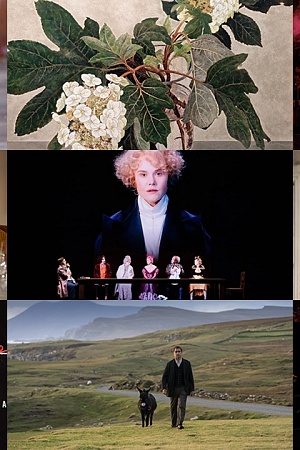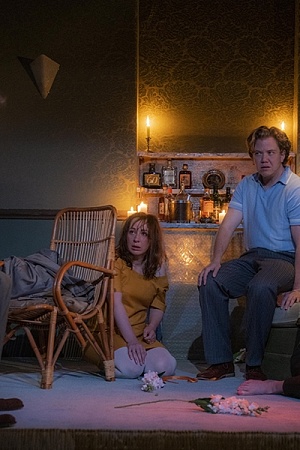Super

We are perhaps finally within sight of the superhero genre’s demise. Declining box office, scandal, oversaturation, and ill-advised reboots have all contributed to a sense that, as one notable trade magazine recently put it, ‘super burn out’ is upon us. Not so long ago, Martin Scorsese wrote off the Marvel cinematic universe and its kin as producing not cinema but ‘theme parks’, a charge that seems moot when not even the theme parks are making money like they used to.
Continue reading for only $10 per month. Subscribe and gain full access to Australian Book Review. Already a subscriber? Sign in. If you need assistance, feel free to contact us.








